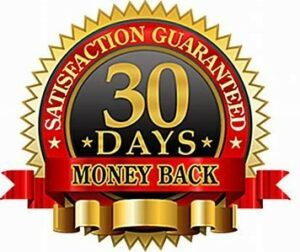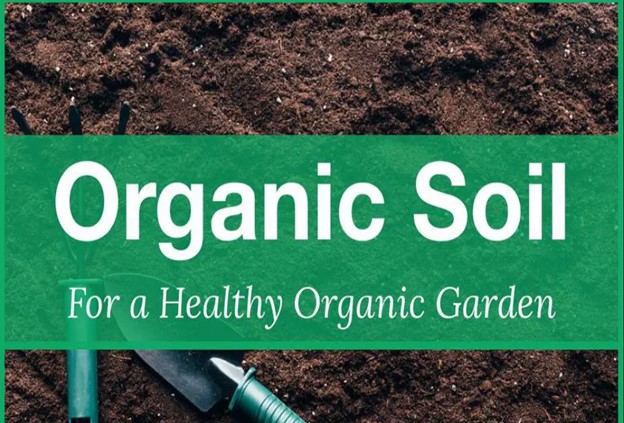3 Tips for Organic Gardening Soil
Do you really think organic gardening soil is the same as regular garden soil? If so, boy are you sadly mistaken and you have a rude awakening coming your way. That’s kind of blunt, isn’t it?
Did I get your attention, I really hope so. The information in this article will help you get a better understanding of the facts about organic gardening soil.
The first misconception most new organic gardeners have about their soil is that anything can grow in any type of soil. All you have to do is throw a few seeds in the ground and boom you have a natural garden. You need to lose that preconceived notion if it applies to you.
You must take into consideration the overall climate conditions which will impact on the soil. An example of these things would be rain, wind, temperatures and exposure to the sunlight. Then the next thing to consider is the number of rocks and density of the soil.
An example of bad density soil would be where the dirt is tightly compacted and allows for no circulation of air or moisture. To have good organic gardening soil it must be loose, with excellent air and moisture circulation.
Not to worry though because one of the things you can do if your dirt is tightly compacted is introduce earthworms to the ground and allow them to do their thing.
Frankly though the earthworms take time to create their magic and they have a tendency to get out of the designated planting area quickly. However, there is a simple solution to that problem and you will help improve your soil quickly.
You can go to your local nursery or hardware store and purchase organic soil by the bag full or even by the truck load. Many organic gardeners will put this soil on top of their compacted soil and then plow it into the regular soil.
However, for this method to be effective you must have enough organic soil to be from a minimum depth of three inches up to six inches or more. The great thing about it is as you repeat this procedure through several growing seasons you will soon have brought the life back to your original soil.
Another tip about your soil is the proper levels of phosphates, hydrogen and acidity in the soil. This is often times referred to as the ph factor in the soil. It’s quite easy today to go on the World
Wide Web and order a testing kit for your soil. However, one of the best ways to determine if you have the right kind of soil for organic gardening is to take a sample of your soil to your county agriculture agent or to your local nursery. For a small fee or no fee at all they will tell you everything you need to know about your soil.
In addition to providing, you the information about your dirt they can also advise you as to the best type of plants that will grow in your soil. Furthermore, they are a great source for additional tips on growing an organic garden successfully.
These tips are just a few of the things about your organic gardening soil which are important. To really get ahead of the game on your soil you should continue to further your education.
Order “3 Tips for Organic Gardening Soil” eBook and start changing your life for the better starting right now!
Our 100% Money Back Guarantee:

Try it Risk Free Today! If you purchase today, your purchase is 100% guaranteed.
After reading the eBook and you are not satisfied just ask and I will be glad to give you a full refund.
All purchases may be refunded within 30 days of purchase, meaning that if you think your new eBook is not as good as I claim, you will get every cent you paid back.
If for any reason you decided within 30 days that “3 Tips for Organic Gardening Soil” is not for you, simply notify us by email and we will gladly refund your money – no questions asked. That is our Ironclad Guarantee!
The risk is entirely ours! You absolutely have nothing to lose!
Only $3 Click on the Buy Button Below for Instant Access!

Regards, Coyalita
Copyright © 2023 Sunrise-Sunset-Nature-Gardens.com. All Rights Reserved
Privacy Policy – Earning Disclaimer – Terms of Use – Contact Us
Please note. The eBook is in PDF. file format. You need an Adobe Acrobat Reader to be able to read the eBook. If you do not have Adobe Acrobat Reader installed on your computer, you can download it at http://www.adobe.com. It is completely FREE.
![]()

